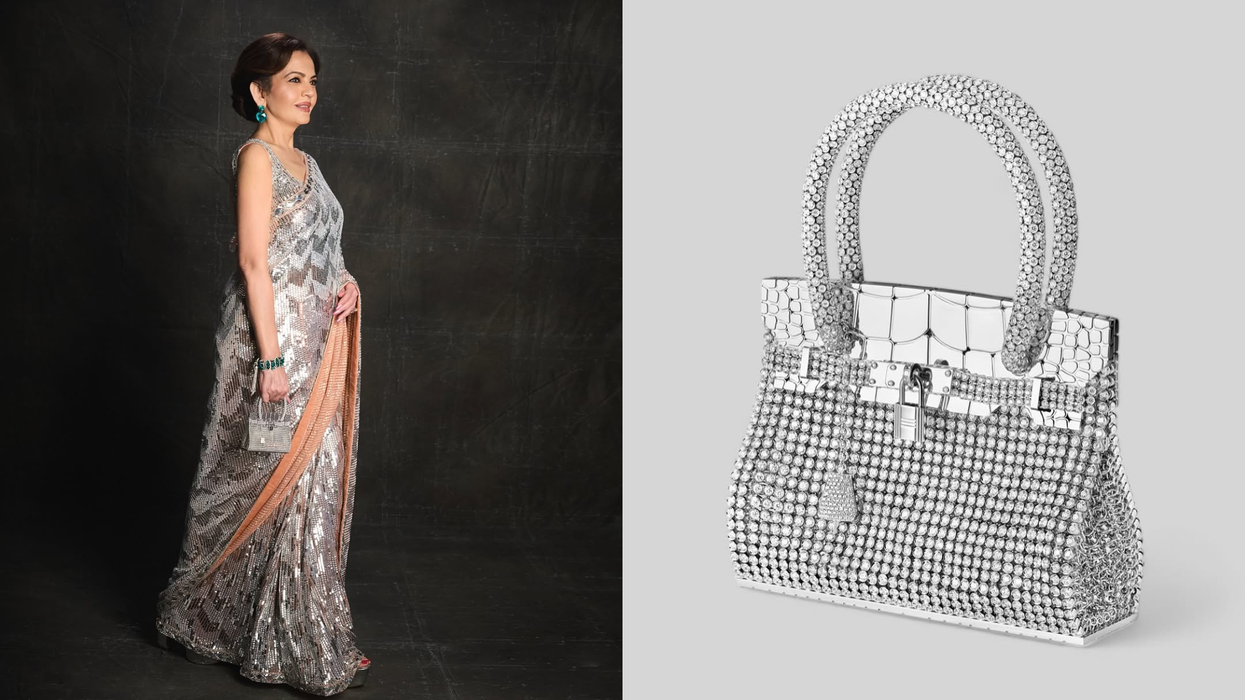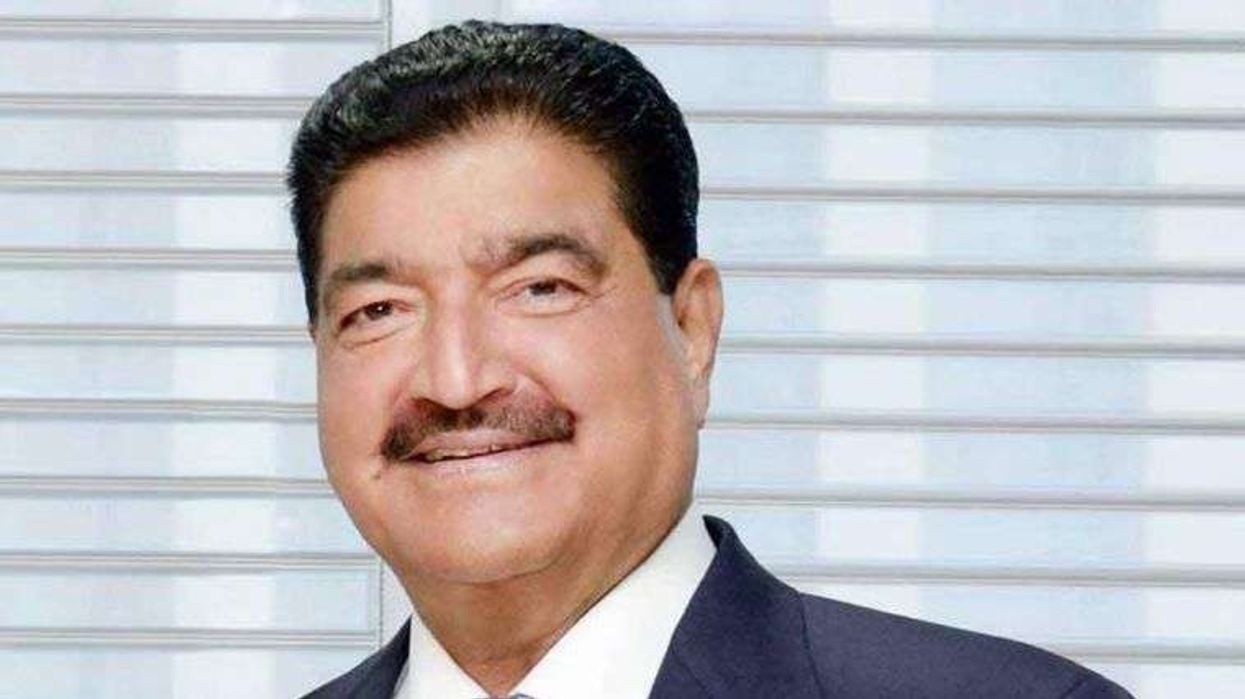PEOPLE who fail to cover their face in public will risk a fine of up to £100 as the government has made use of facemasks compulsory in shops across England from next week.
The new legislation will come into force in England on July 24, after weeks of wrangling from ministers about their effectiveness.
"The Prime Minister has been clear that people should be wearing face coverings in shops and we will make this mandatory from July 24," Boris Johnson's office said on Tuesday (14).
"There is growing evidence that wearing a face covering in an enclosed space helps protect individuals and those around them from coronavirus," it said in a statement.
Johnson, who spent several days battling Covid-19 in intensive care, on Monday said the measure was "extra insurance" against the spread of the virus.
"I do think in shops it's very important to wear a face covering if you're going to be in a confined space to protect other people, and receive protection," he said.
Johnson has been pictured recently wearing a blue facemask bought for £2 from a high-street bargain store.
Facemasks have been mandatory on public transport across the country since June 15, and Scotland has already made the coverings compulsory for shoppers.
Environment Secretary George Eustice said the government was changing its advice in accordance with developments in scientific thinking.
"The evidence, the understanding, has been evolving," he told Sky News. "I don't think it's unreasonable to ask the public now to go to that next step."
Health Secretary Matt Hancock will outline the new policy in parliament later on Tuesday.
But there are already concerns from the police who have called it "nigh on enforceable".
"Shopkeepers need to step up to the plate and take some responsibility," said Ken Marsh, of the Metropolitan Police Federation, which represents rank-and-file officers.
"They can quite easily put signs up on their doors 'No mask on, no entry, this is private property'."
Opposition parties have also accused the government of dithering and asked why the policy is being delayed until July 24.
Ben Bradshaw, from the Labour party, called the government's approach "a total shambles".
Britain has been one of the countries worst hit by the virus, with nearly 45,000 deaths from positive coronavirus cases, according to an official government tally.
Broader statistics taking into account suspected cases puts the death toll at more than 50,000.
The government was also warned on Tuesday that a second wave of infections could see 120,000 deaths in hospitals alone in a "reasonable worst-case scenario" if no action was taken now.
The Academy of Medical Sciences said the government needed to prepare immediately to prevent the NHS from being overwhelmed from September.




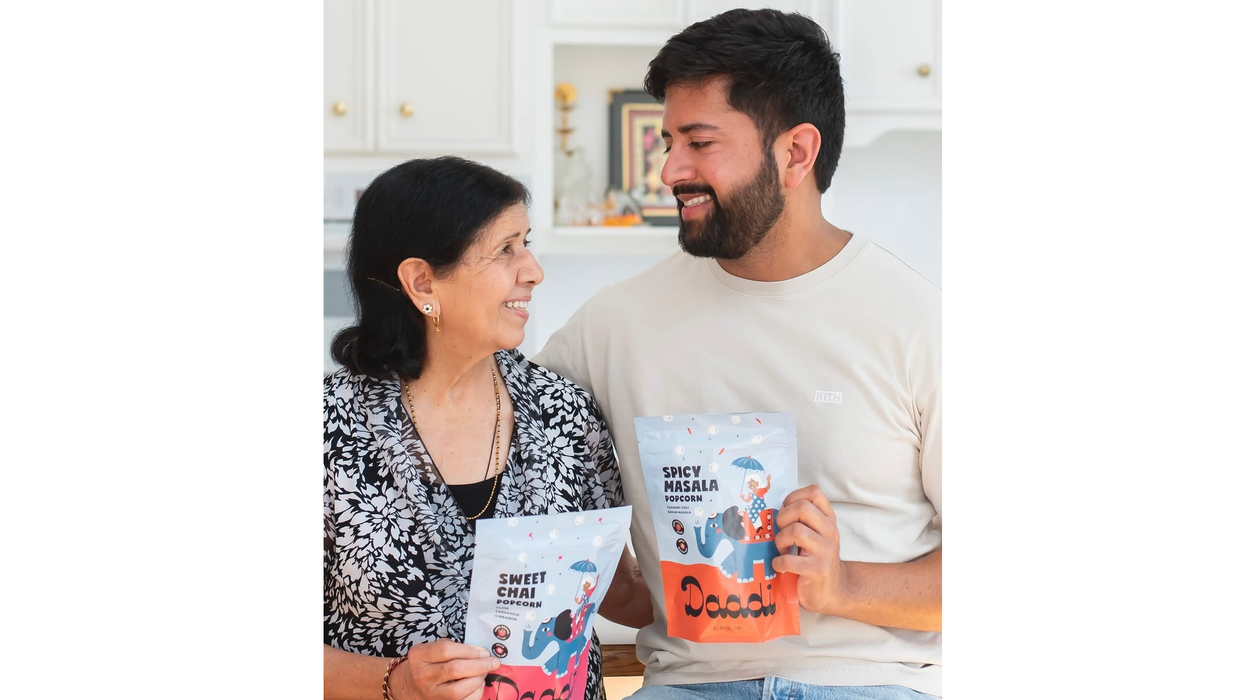
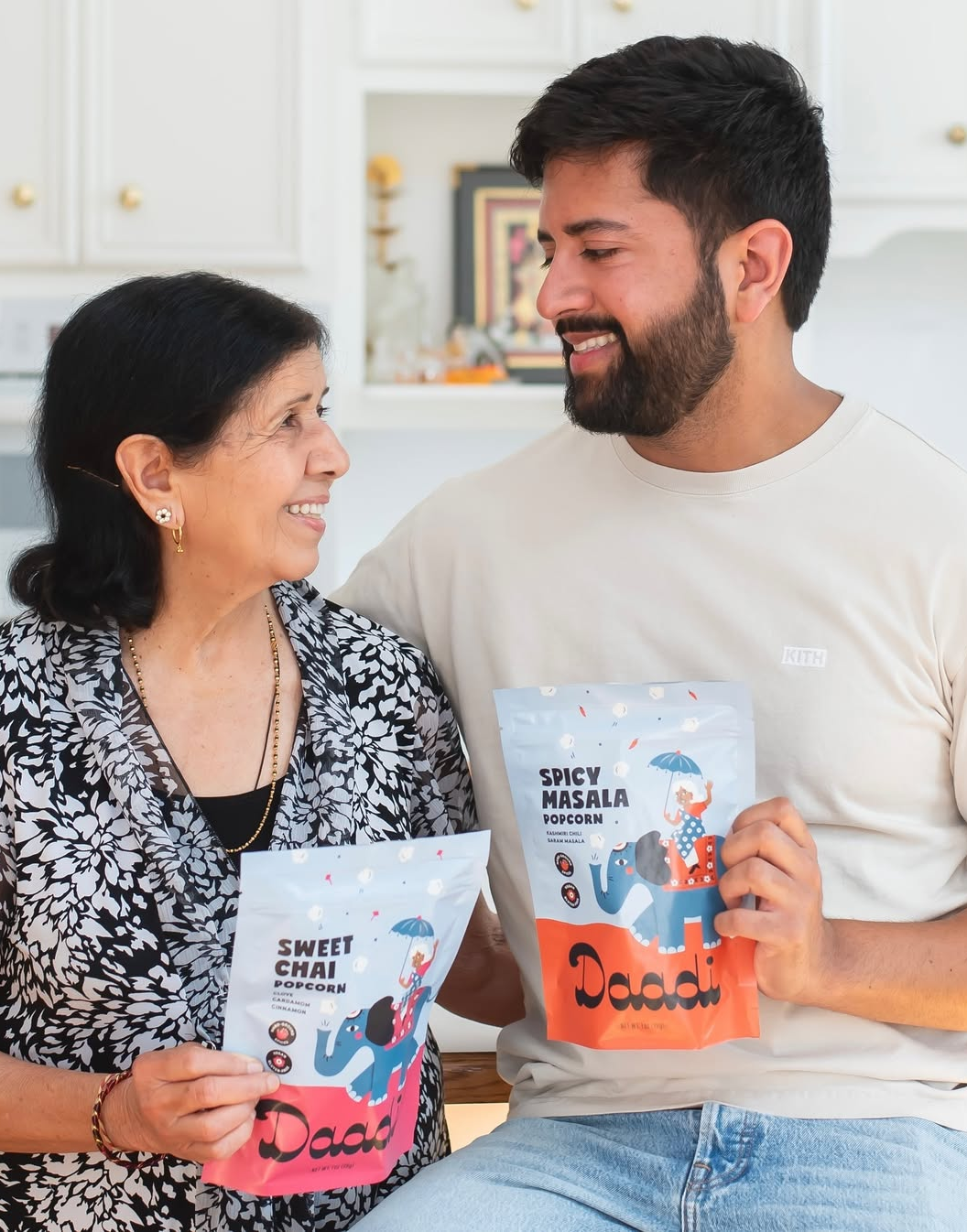 Jay’s grandma’s popcorn from Gujarat is now selling out everywhere Instagram/daadisnacks
Jay’s grandma’s popcorn from Gujarat is now selling out everywhere Instagram/daadisnacks 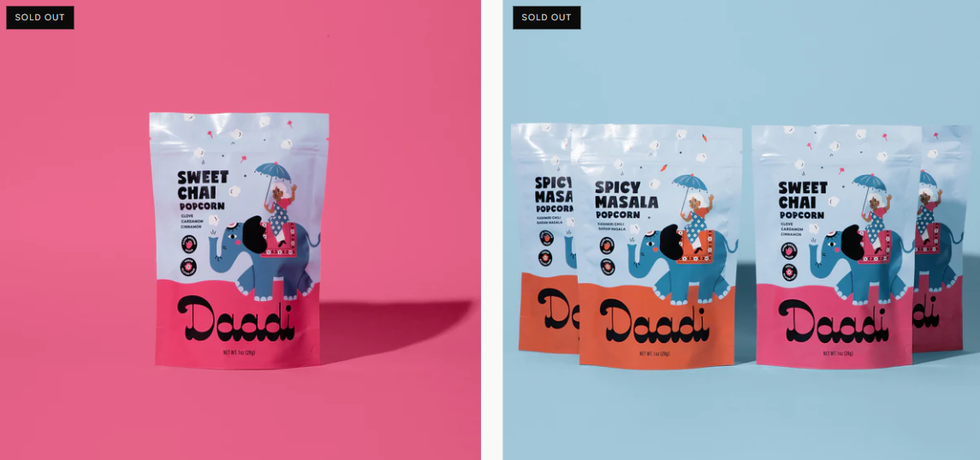 Daadi popcorn features authentic Gujarat flavours like Sweet Chai and Spicy Masala, all vegan and gluten-free Daadi Snacks
Daadi popcorn features authentic Gujarat flavours like Sweet Chai and Spicy Masala, all vegan and gluten-free Daadi Snacks 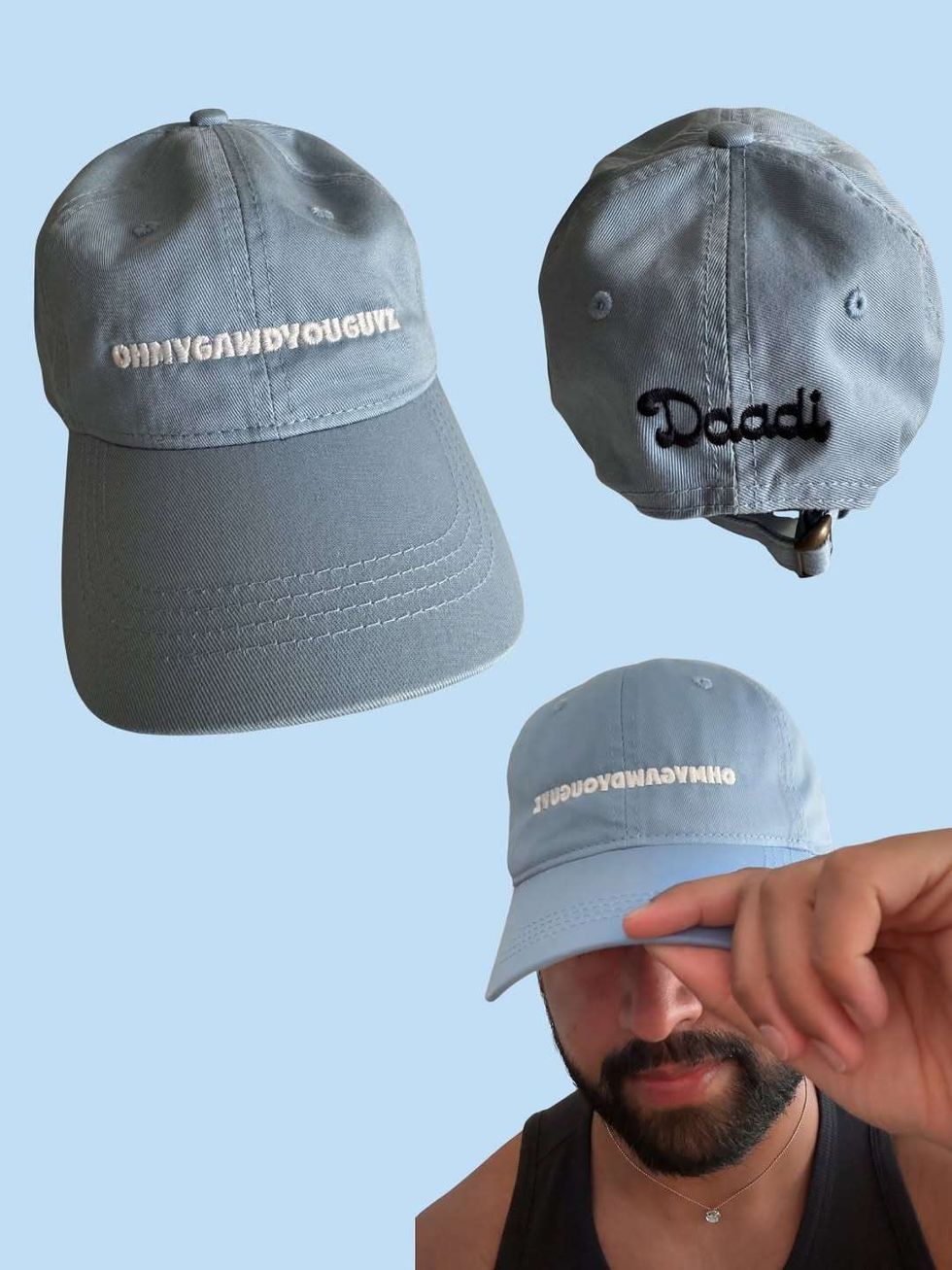 Daadi Snacks merch dropInstagram/daadisnacks
Daadi Snacks merch dropInstagram/daadisnacks
